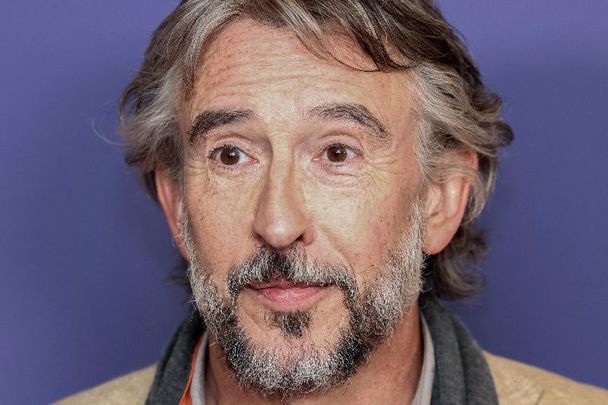Steve Coogan has finally received his Irish passport more than two years after applying for it - and nearly four years after his viral Martin Brennan sketch.
"It has come through," Coogan said on the February 26 episode of Jarlath Regan's "An Irishman Abroad" podcast. "It’s literally been delivered this week."
Coogan, who famously sang "Come Out Ye Black and Tans" on the BBC in 2019, revealed in February 2020 that he had applied for an Irish passport.
However, his application was delayed due to a long backlog during the Covid-19 pandemic.
Coogan, who was born and raised in Manchester in the UK, describes himself as "half-Irish;" his mother Kathleen grew up in Co Mayo and his paternal grandparents are from Co Kilkenny and Co Cork and emigrated to Manchester after World War I.
"I spent nearly every summer of my life growing up in the west of Ireland," Coogan has previously said. "I’m very familiar with Mayo and Cork and West Cork.”
Coogan told Regan that his Irish fanbase is aware of his Irish heritage but sometimes his British followers aren't.
"Enough of my Irish fanbase [understand the Irish connection] I’m sure, just because you look at my stuff, there’s clues in there.
"Anyone who's a diehard fan will know that, but I don’t know if English are particularly aware of it, but they don't really pay attention to that stuff anyway.
"I think the Irish - there’s a large contingent of Irish who like what I do that get it."
In 2019, Coogan went viral while playing the character of an Irish farmer named Martin Brennan on his show "This Time with Alan Partridge."
Displaying a faultless Irish accent, Coogan, as Brennan, sang "Come Out Ye Black and Tans" and "Men Behind the Wire" while on the BBC.
"Martin Brennan gets the better of Alan Partridge," Coogan said to Regan about the now famous sketch.
"The whole point is that Alan assumes that Martin isn't that clever, isn't that smart, and in actual fact, the tables have turned, and that's deliberate, and the only way I would have done it.
"To not do that, would be to feed into the trope of old colonial British attitudes to the Irish which is making Irish jokes, which people sort of don't do, thankfully, anymore but ones were ubiquitous in British culture, certainly in the 1970s when I was growing up, and I don't want to be part of that.
"So, it's a gamble sometimes. Because people look at it without thinking about it, they think 'oh, he's mocking the Irish.' Of course, I'm not, I am half-Irish.
"But you have to have creative confidence to mettle," Coogan said, adding that he found that younger Irish people recognized their parents or grandparents in the character.




Comments